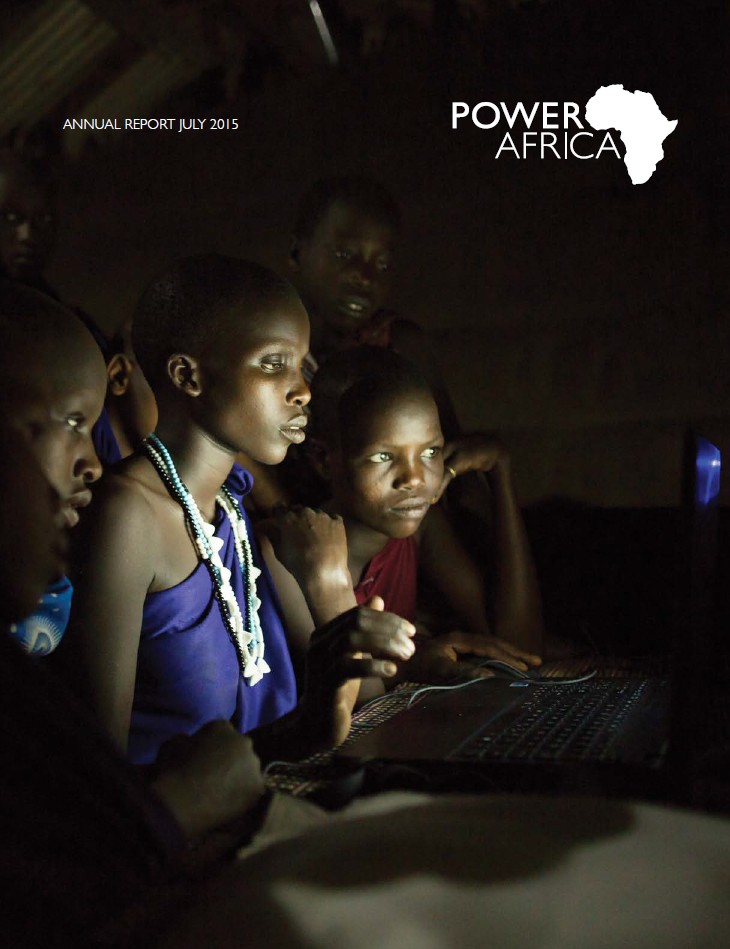USAID Deputy Assistant Administrator for the Bureau for Africa Oren Whyche-Shaw inaugurated Gbegbeyesie “A & B” Cluster of Schools, a USAID-supported three-story, 18-unit cluster of three public primary schools in Dansoman, Accra on December 8, 2015.
Andrew Karas was sworn in today as the U.S. Agency for International Development’s (USAID) Mission Director for Ghana. In this capacity he will oversee USAID’s country-specific programs in agriculture, governance, economic growth, education, and health.
It is widely recognized that inadequate access to water and sanitation services has enormous health, economic and social consequences. Poor water quality continues to pose a major threat to human health. Diarrheal disease is the second leading cause of death in children under five years old, and is responsible for killing around 760,000 children every year (WHO, 2013). A significant proportion of diarrheal disease can be prevented through safe drinking-water and adequate sanitation and hygiene. In communities that lack safe drinking water, women and girls spend several hours each day collecting water from distant sources, and this reduces opportunities to attend school.
The United States Agency for International Development (USAID) is pleased to partner with the Electoral Commission of Ghana in its preparations for the district-level elections on September 1, 2015. U.S. Embassy representatives will be observing the elections.
One of Ghana’s paramount constraints to economic growth is the unreliable and inadequate supply of electric power. The country has 2,450 mega-watts (MW) of installed generation capacity, including 546 MW of
generation from independent power producers (IPPs). But actual availability hardly exceeds 2000 MW. This serves a population of 25 million that is growing at 2.1% per year










Comment
Make a general inquiry or suggest an improvement.